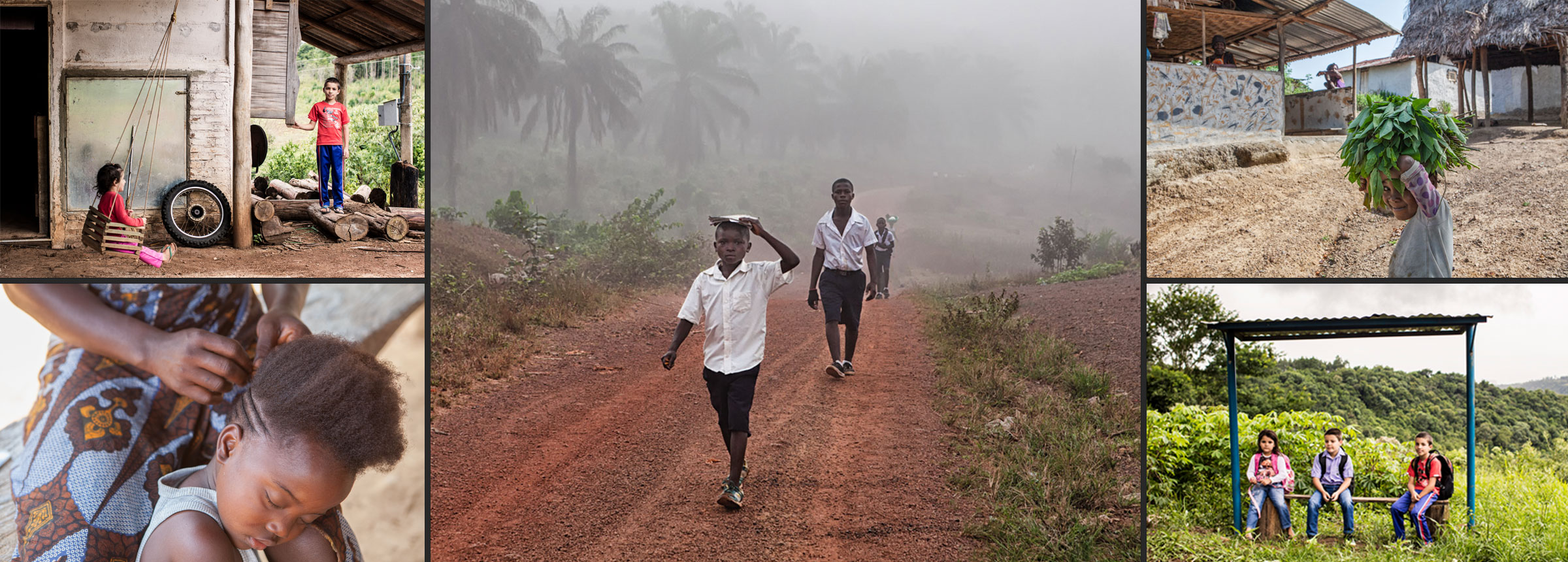Projects
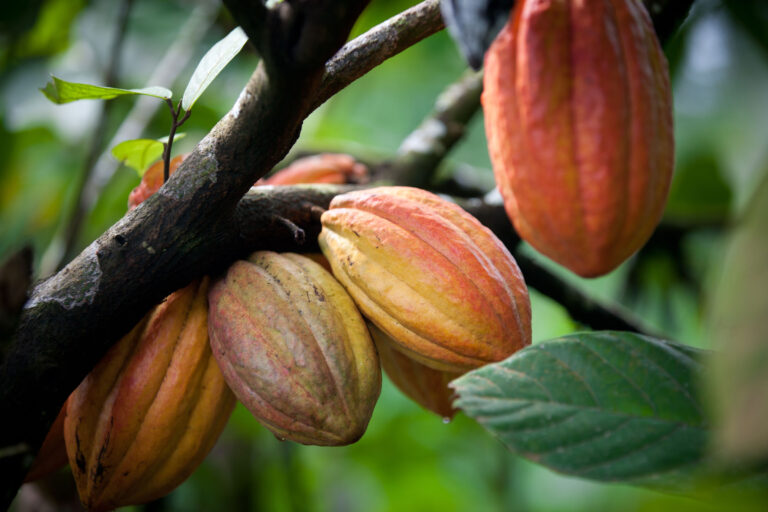
Making Advances to Eliminate Child Labor in More Areas with Sustainable Integrated Efforts (MATE MASIE)
The MATE MASIE project strengthens capacity, connections, and accountability across child labor enforcement and monitoring within cocoa cooperatives in Ghana. The project builds the capacity of cooperatives to support vulnerable member households both directly and by linking their members with other service providers. The project is funded by the U.S. Department of Labor’s Bureau of…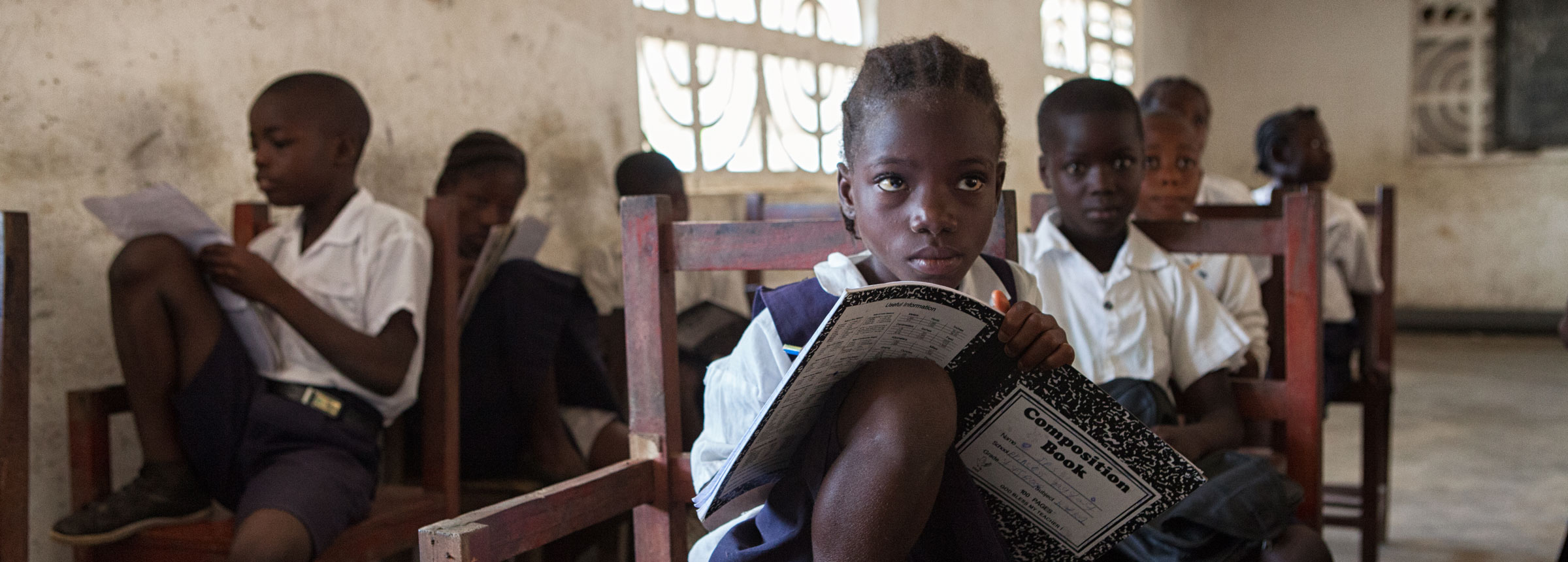
Attaining Lasting Change for Better Enforcement of Labor and Criminal Law to Address Child Labor, Forced Labor and Human Trafficking (ATLAS)
The ATLAS project is a global initiative that has worked in four countries across Latin America, Africa, and Asia to strengthen enforcement of labor and criminal law to address child labor, forced labor and human trafficking. ATLAS works collaboratively with host governments to bolster the legal and criminal frameworks surrounding these issues, improve the enforcement…
Safe Migration in Central Asia
Rising poverty and unemployment in Central Asia has increasingly led laborers in the region to migrate in search of work. Unfortunately, migration often leaves workers vulnerable to exploitation. The five-year Safe Migration in Central Asia activity aims to strengthen the mutual accountability of governments, NGOs and the private sector in efforts to prevent trafficking in…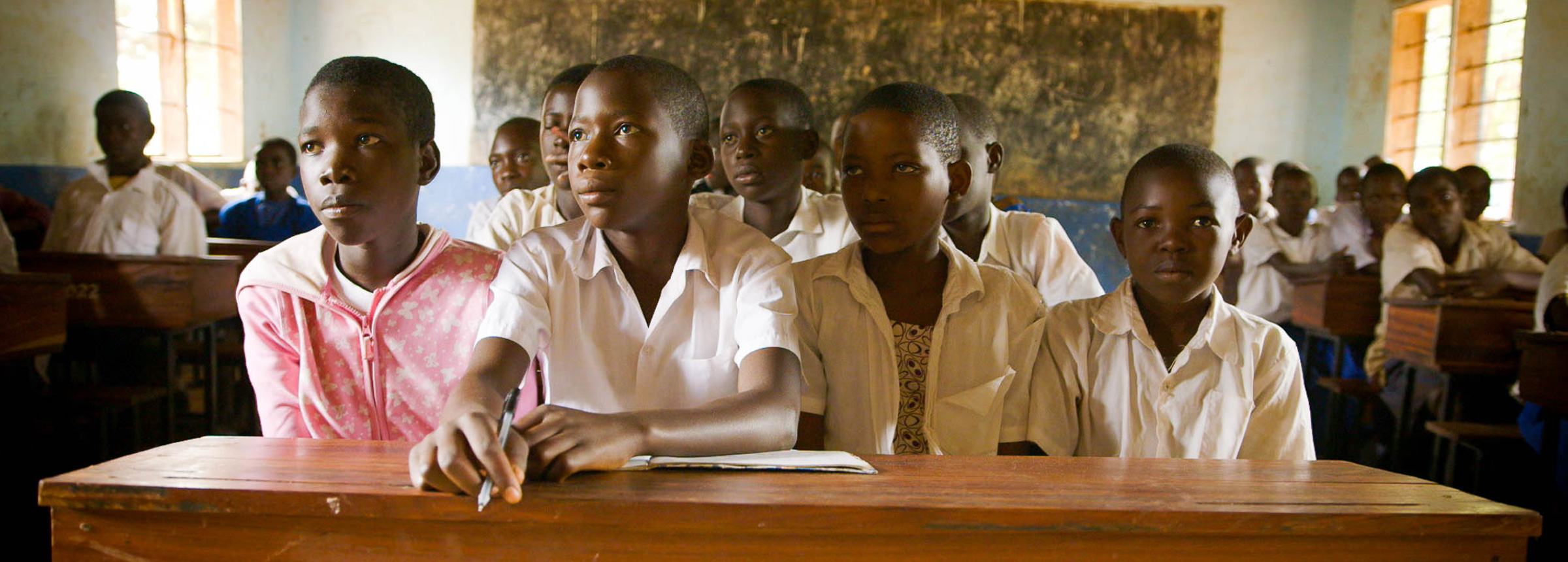
Promoting Sustainable Practices to Eradicate Child Labour in Tobacco (PROSPER) Umoja
In Tanzania, children in tobacco-producing areas are far too commonly engaged in child labor. PROSPER Umoja (Swahili for “unity”) is a two-year program designed to reduce child labor in agriculture by implementing and supporting prevention, withdrawal and protection activities in tobacco-growing areas. The program also aims to improve access to quality education and economic improvement,…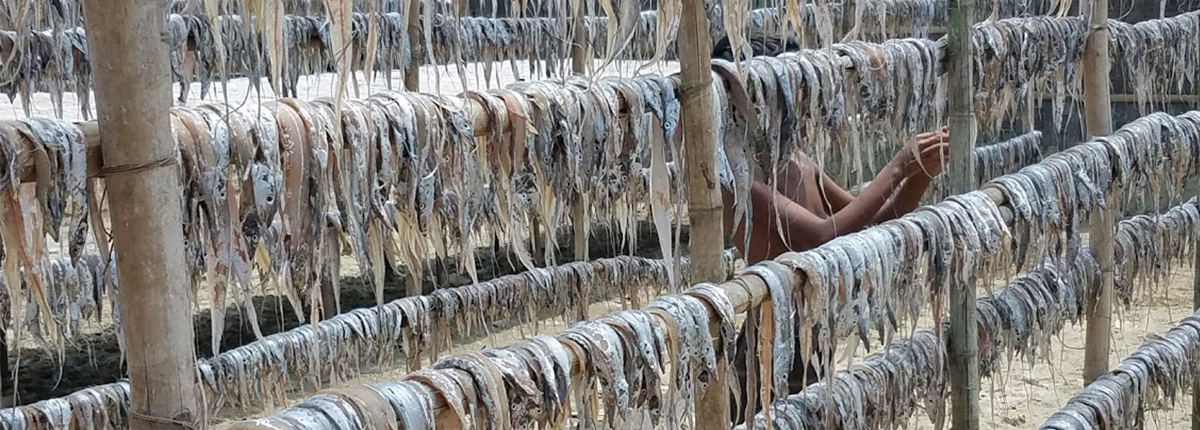
Child Labor Improvements in Bangladesh (CLIMB) Project
Economic realities mean that child labor is widely accepted and very common in Bangladesh. The dried fish sector in Cox’s Bazar and surrounding coastal areas is plagued by some of the worst forms of child labor. Children work for up to 13 hours in the sun, using knives, wearing no protective gear, and climbing on…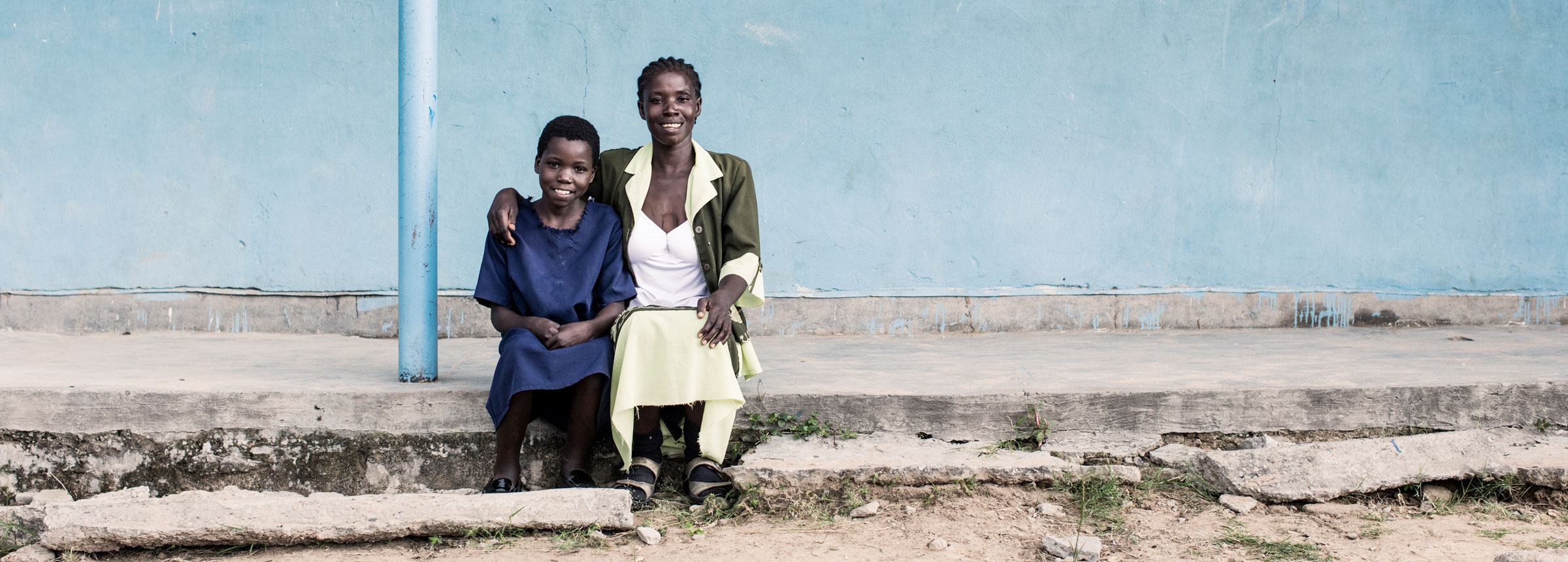
EMPOWER: Increasing Economic and Social Empowerment for Adolescent Girls and Vulnerable Women in Zambia
In rural Zambia, many children are in the labor force, and 92 percent of them – mostly girls – work on family farms. To reduce child labor in that country, the USDOL-funded EMPOWER Zambia project will raise local awareness about child labor and gender equality, and engage the government and private sector in promoting acceptable…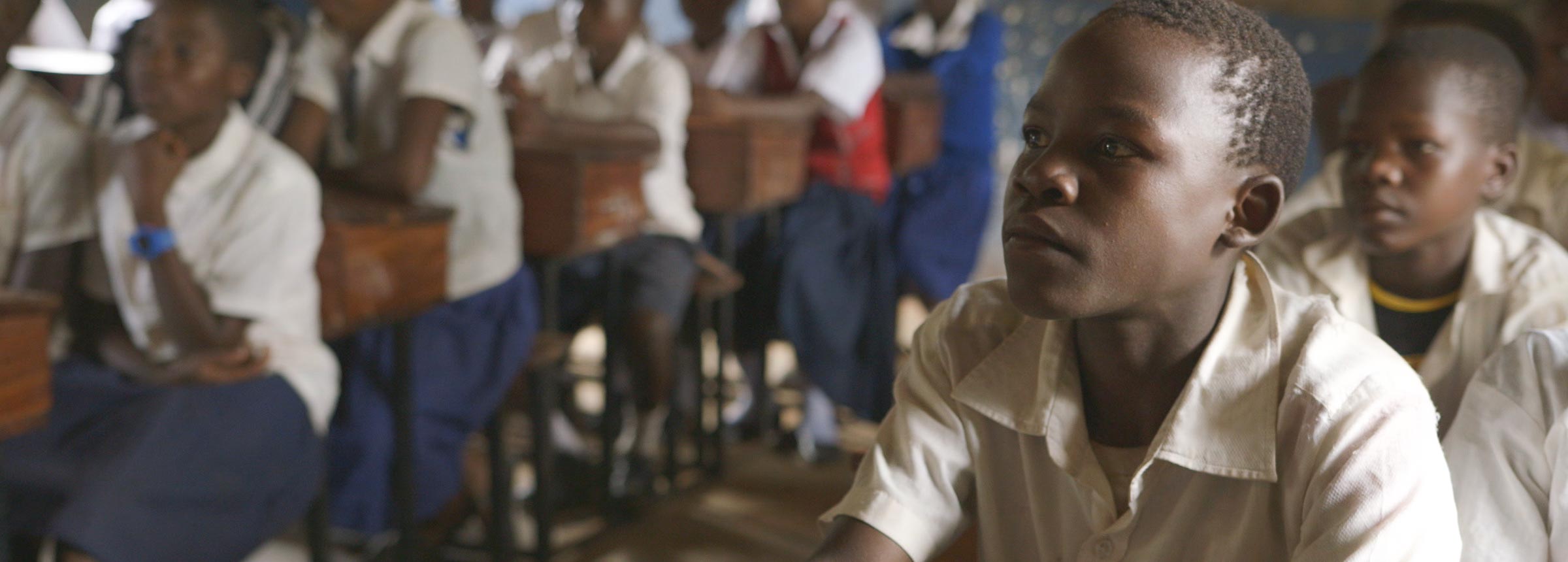
Promoting Sustainable Practices to Eradicate Child Labour in Tobacco (PROSPER)
Social and economic pressures far too often lead Tanzanian children into the workforce. The Promoting Sustainable Practices to Eradicate Child Labor in Tobacco program, or PROSPER, seeks to prevent and withdraw youth of all ages from child labor, especially in the tobacco industry. PROSPER addresses the root causes that fuel child labor and offers alternatives…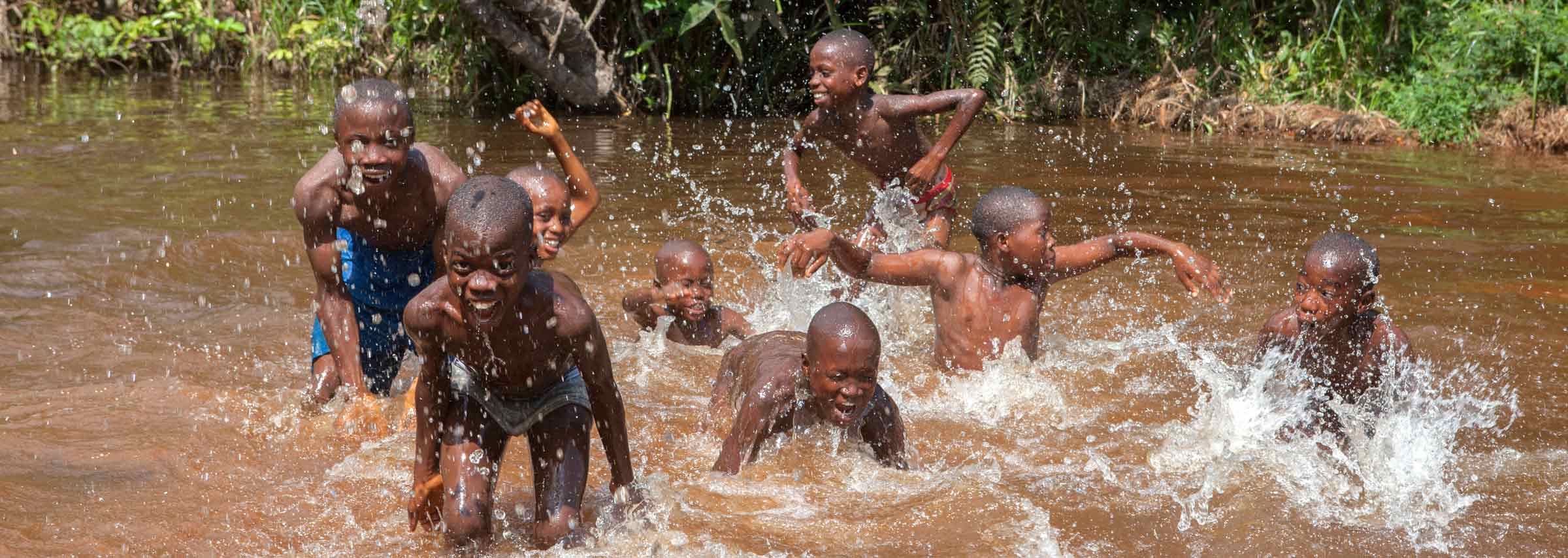
Actions to Reduce Child Labor (ARCH)
Agriculture, particularly rubber, is an important contributor to the Liberian economy. A significant number of children are involved in the production of rubber due to household poverty, the high cost of adult labor, a lack of awareness about the hazards of work and limited access to education. Under these economic and social conditions, children perform…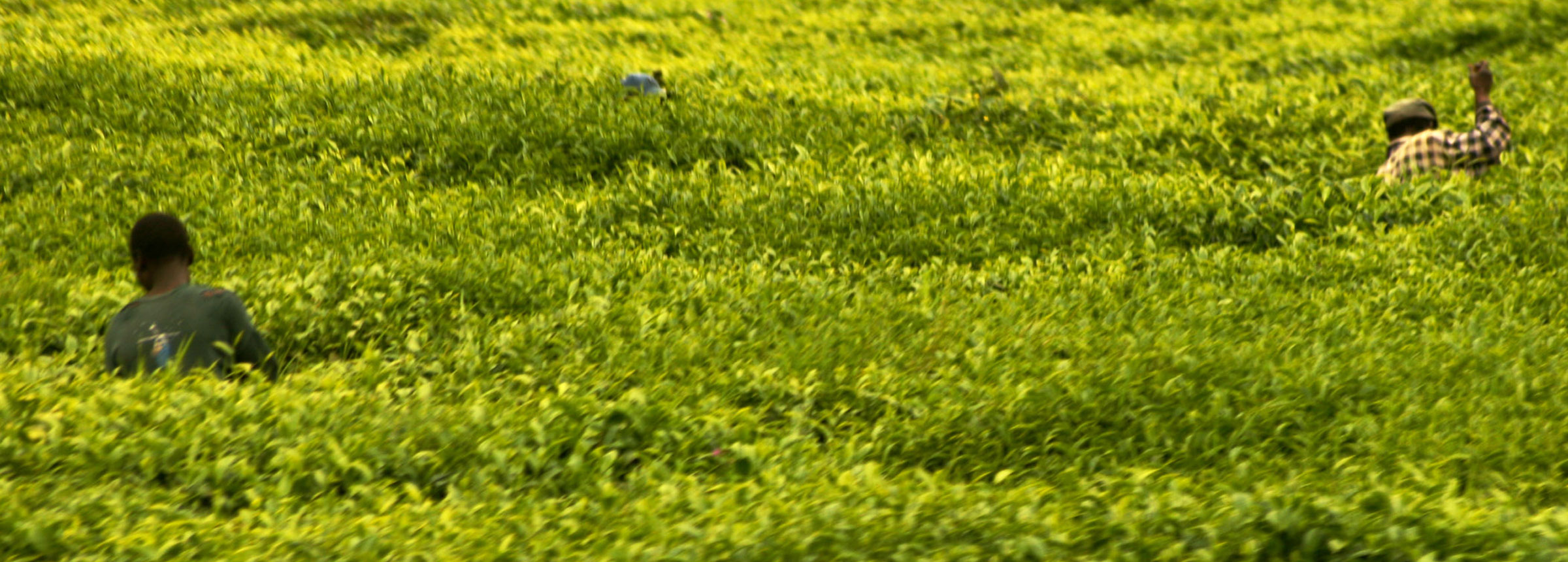
REACH-T
This project takes a comprehensive approach to help the government of Rwanda and its tea producers eliminate child labor in this key sector of the country’s economy. Besides improving access to formal and vocational education and strengthening the enforcement of existing labor laws, REACH-T raises awareness of child labor’s long-term effects. Building on Rwanda’s policy…